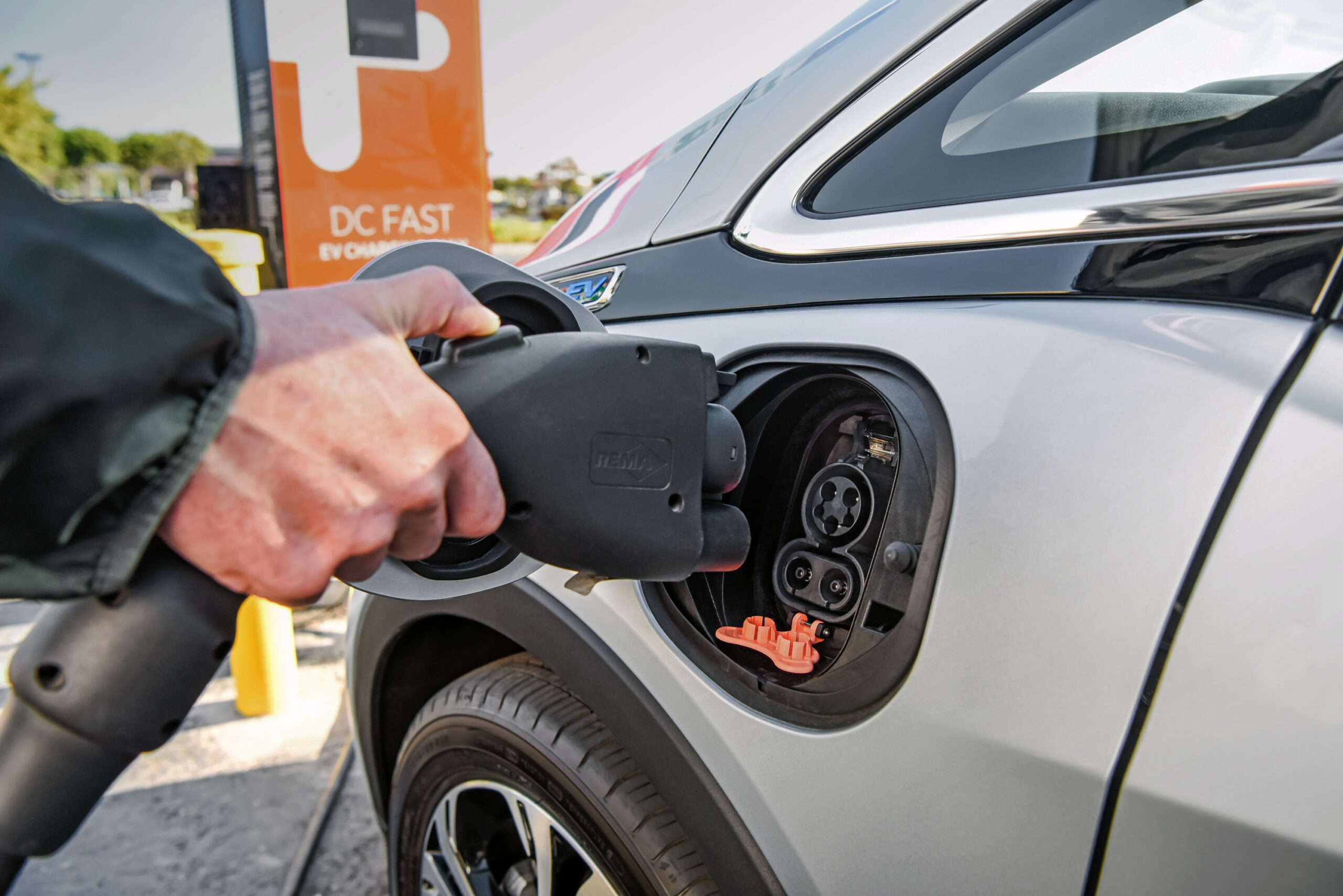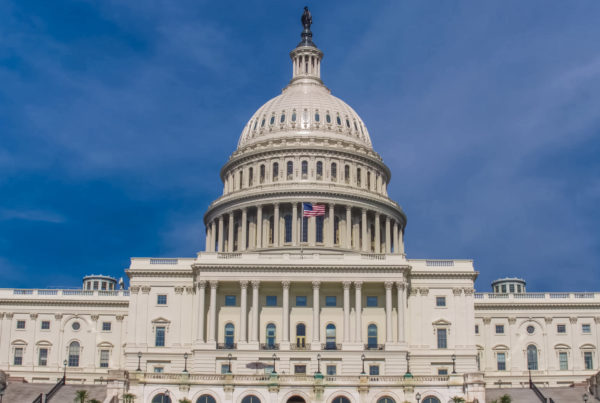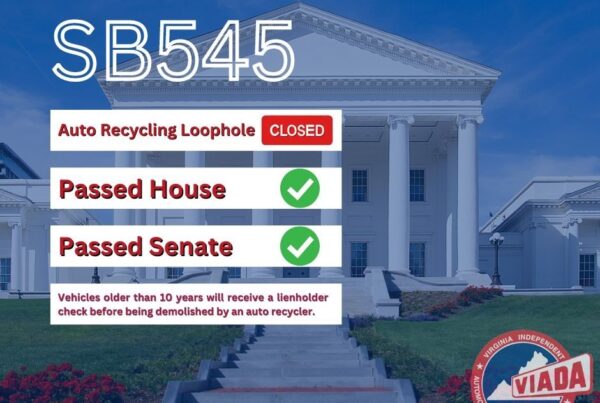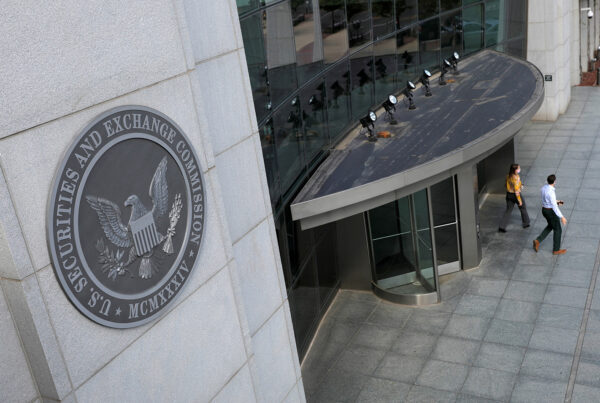The National Independent Automobile Dealers Association (“NIADA”) submits comments to the Federal Highway Administration’s (“FHWA”) request for information (“RFI”) regarding the deployment of a National Electric Vehicle Program (EV Charging Program) and appreciates FHWA’s outreach to industry stakeholders requesting input.
EV Charging Infrastructure Input
In the recent Bipartisan Infrastructure Plan signed into law, there were investments in the deployment of electric vehicle (EV) charging infrastructure as one of many important ways to confront the climate crisis. Through a National Electric Vehicle Formula Program (EV Charging Program), the law provides funding to States to strategically deploy EV charging infrastructure and to establish an interconnected network to facilitate data collection, access, and reliability. The law also establishes a discretionary grant program for Charging and Fueling Infrastructure (Charging and Fueling Infrastructure Program) to strategically deploy publicly accessible EV charging infrastructure and hydrogen, propane, and natural gas fueling infrastructure along designated alternative fuel corridors or in certain other locations that are accessible to all drivers of such vehicles.
NIADA understands that as climate change and the environment become more important to consumers, the demand for electric vehicles will increase. With that, our members believe that in order to fulfill the demand, NIADA needs to be part of the conversation. Current EV’s are limited in their range of charge and accessibility to an electric charger. In order to fill those gaps, the Administration and States should consider working with our interconnected membership by discussing the option of positioning electric chargers around dealerships across the nation. Our 18,000-20,000 strong members are spread throughout the country and cover inner city and rural areas where consumers who own an electric vehicle are limited to a few charging stations. With a potential partnership, consumers can have the accessibility to drive, in some cases a few hundred feet to an EV charger. This example of accessibility allows the consumer located within a major city or rural area the ease of access to a safe and reliable EV charger, building trust between a dealer and consumer. In addition, positioning EV chargers in close proximity to dealerships will allow dealers the opportunity to expand their inventory. The expanded inventory will allow dealerships to grow and supply the demand of the consumer also resulting in a relationship that previously might not have been there.
NIADA appreciates the opportunity to comment and urges the Agency to include NIADA in discussions on proper deployment of such a program. We are happy to discuss these comments in greater detail in needed.
“This is another step NIADA is taking to be sure our voice and our members have a seat at the table. We look forward to working with FHWA on the rollout of this program.”
Bob Voltmann, Chief Executive Officer





